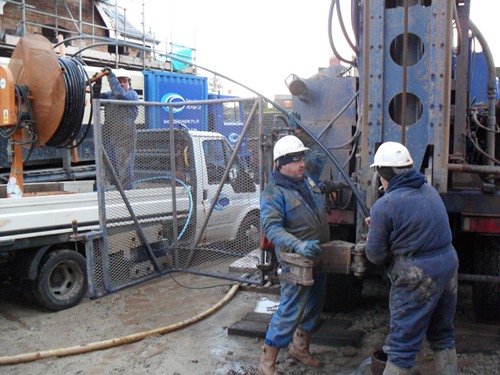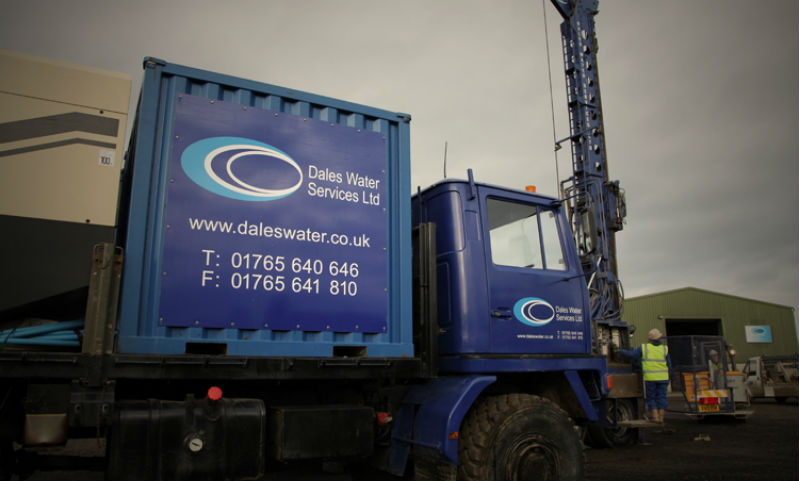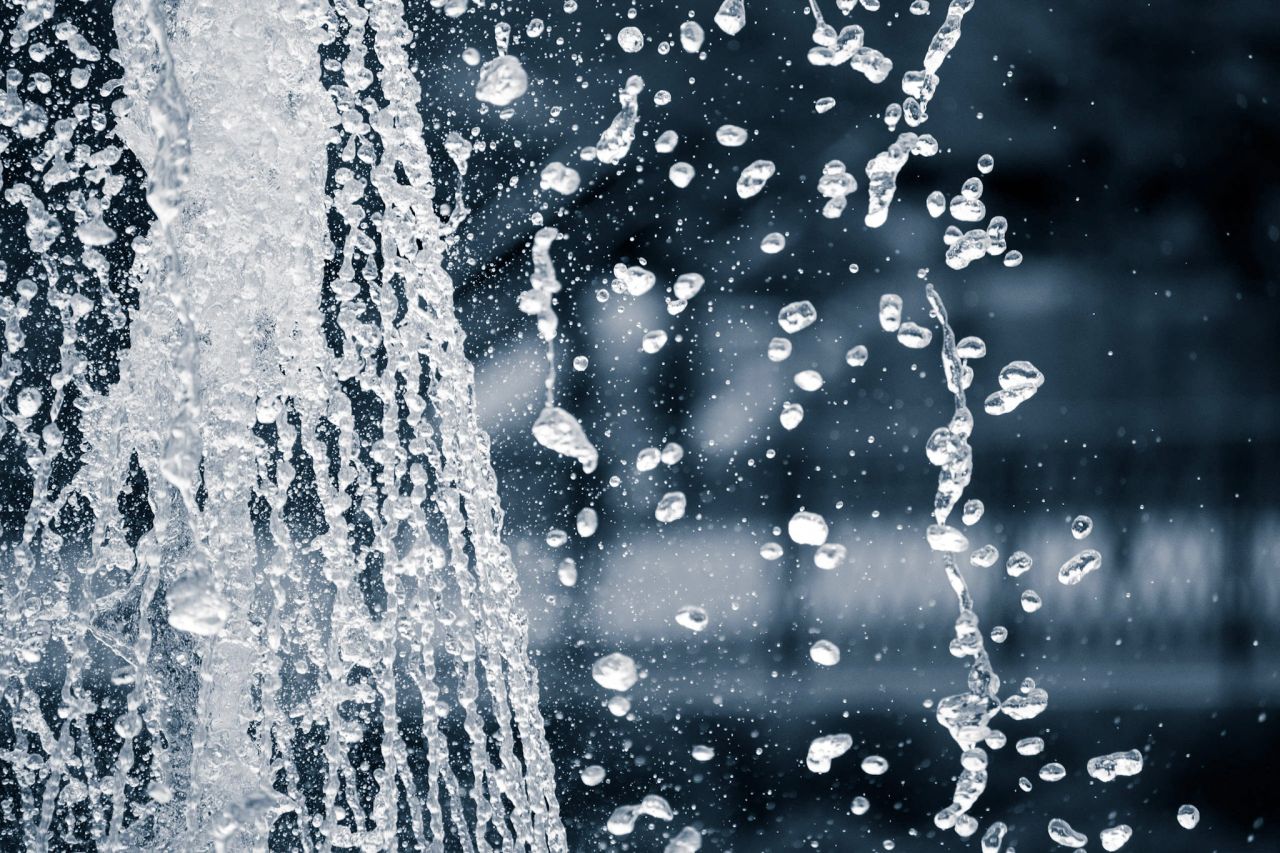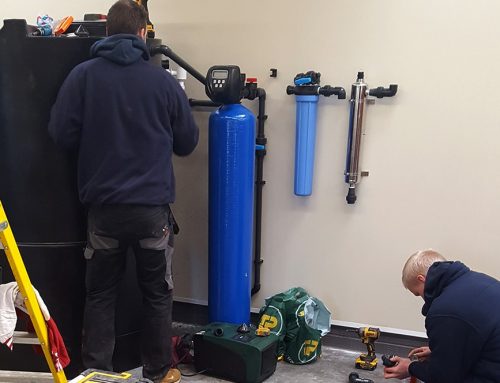Whilst groundwater is often a blessing for many businesses and domestic dwellings it can also present problems for construction companies and mine operators. This is due groundwater creating a high water table that prevents the building of foundations, excavations or on-going mining projects.
Wherever groundwater is likely to be encountered at a site of construction it can lead to a number of undesirable effects such as increased load on supports, lack of stability and flow of material.
Fortunately many obstacles can be removed or alleviated by a process known as dewatering which suppresses the level of the water table.
Over the years Dales Water have worked on several projects where a high water table was predicted and needed to be reduced to a more manageable level. This was the case during the building of the Metro Centre in the 1980’s and our dewatering boreholes played an important role at the construction site in Gateshead. Since then our team have worked on various dewatering projects that included drilling wellpoints, ejector wells and pressure relief wells.

Whatever the process required, it always starts with significant desk study to assess feasibility along with site investigations. This is followed by designing and installation of a strategically placed network of boreholes that have the combined power to pump ground water at a predetermined rate to control its inflow and level at the site.
What is Dewatering?
A dewatering system usually comprises of a number of wells which are continuously pumped to artificially suppress the water table. This reduction in the water table provides stable and dry conditions for construction workers to excavate or install building foundations.
The choice of pumping system used for dewatering depends on the amount of drawdown required and the underlying ground conditions. This is assessed by a site investigation and in some cases pumping tests.
Once work is completed or at an advanced stage where it is able to resist hydrostatic loads the dewatering system can be dialled down and groundwater levels recovered back to their natural levels. In some circumstances permanent groundwater control maybe required to avoid uplift but this is rare.
Why Use a Specialist Borehole Driller for Dewatering?
Because boreholes used in dewatering aren’t used for commercial operations or for the long term it can be tempting to get them done on the cheap. This is done by using low cost materials and poor construction techniques to reduce costs; however this often has the reverse effect.
It’s important that dewatering boreholes are installed the right way to ensure efficiency and that every borehole is working as hard as it needs to. Poor construction techniques and materials result in inefficient boreholes that won’t reduce the water table to the level required. This may require the drilling of more wells that were otherwise unnecessary or improvement works on existing wells which can significantly increase the cost.
As a fully-fledged private water supply engineering firm we have the right equipment and the know-how to deliver high quality dewatering installations. This includes our team of highly trained engineers, modern drilling equipment, geotechnical instrumentation and monitoring tools to keep track of water levels and dewatering system performance; logging drawdown and discharge flow rates are an important part of any dewatering installation.
If you have any questions about dewatering systems then please contact us on enqs@daleswater.co.uk or call us on 01765 640 646.



